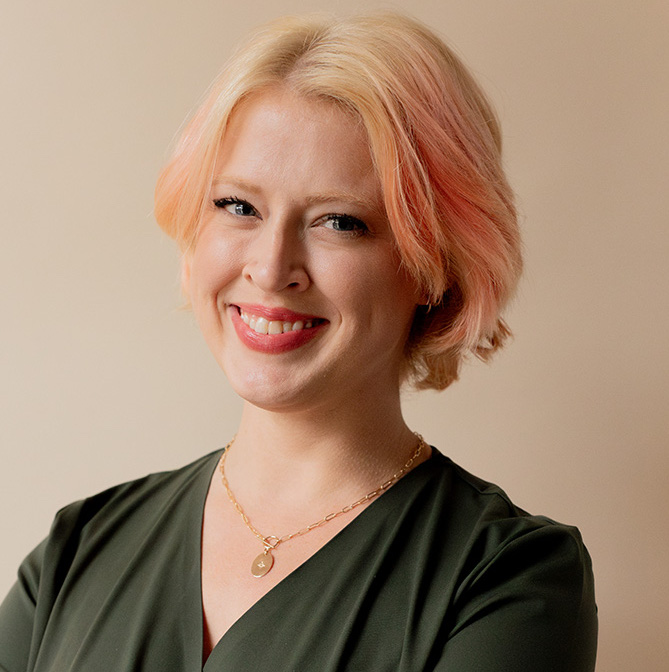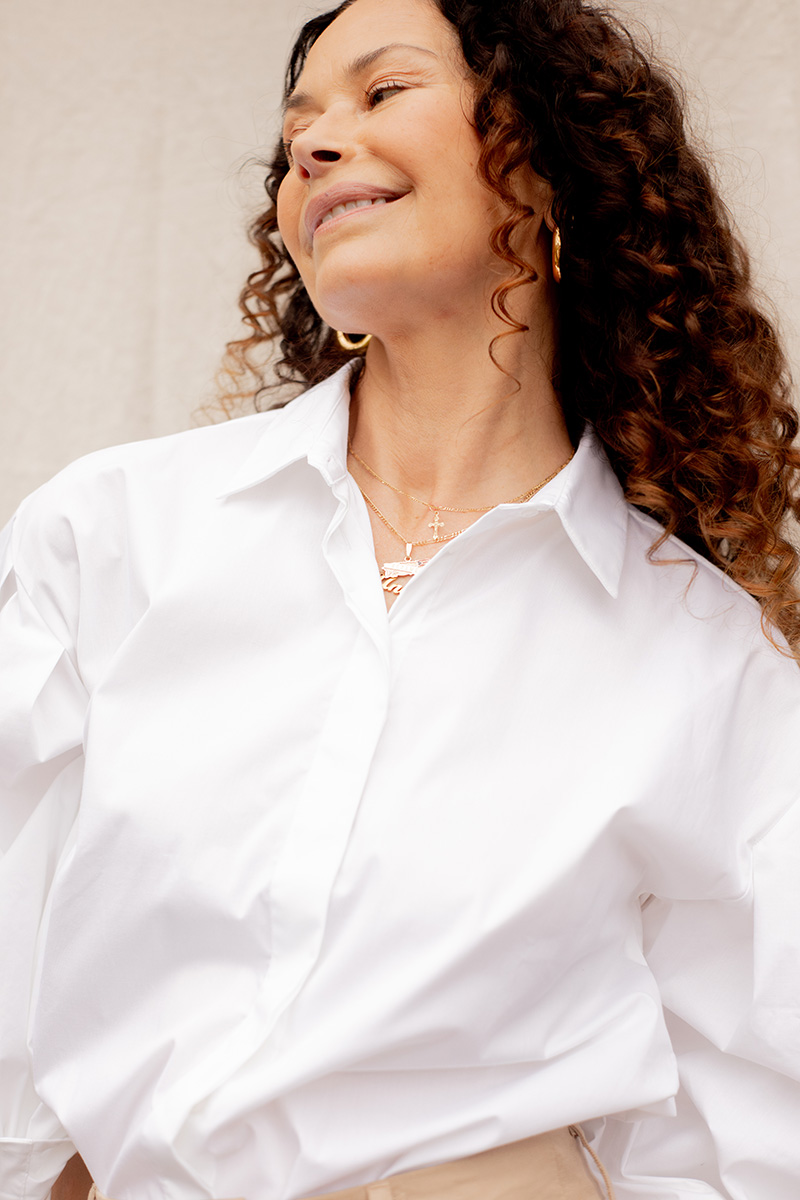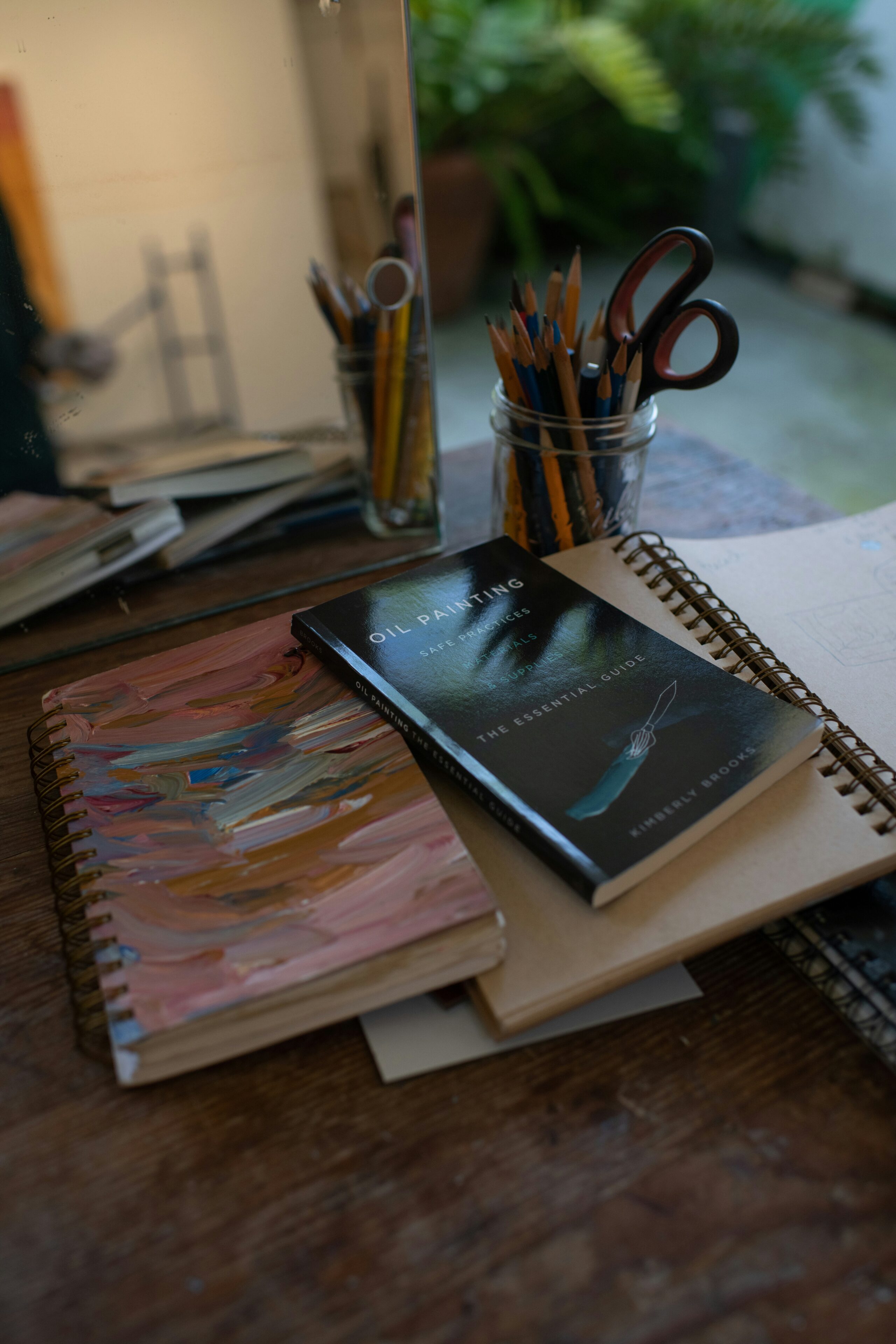
What Is ‘Healthy’ Self-Sufficiency?
When I found myself once again living alone in my 30s, I re-imagined myself as the quintessential independent woman — meticulously organizing my home and my schedule, mending my clothing, and assembling new furniture without so much as a glance at the instruction manual. I imagined making all my meals from scratch (dry beans and all), and even growing a large portion of my leafy greens on my patio. Basically, I envisioned my life as a montage of productivity and self-sufficiency.
Fast-forward to a teary-eyed and very burnt-out Emily sitting helplessly at my kitchen table. Overwhelmed, anxious, and exhausted. But I wasn’t alone: Two friends washed and dried my dishes, while a third friend cooked dinner for us. We’d planned an evening dedicated to doing our taxes — but when my friends arrived, they realized I needed more support than just a body double, and sprang into action.
I apologized profusely for not having my kitchen clean, for not being the “hostess with the mostest.” I was, instead, a hostess with the most mess. Instead of accepting my apologies, they reminded me that next time I felt this way I should simply ask for help.
“Isn’t asking for help a sign of weakness? I mean, that’s what I always believed. In reality, being self-sufficient is a myth.”
But isn’t asking for help a sign of weakness? I mean, that’s what I always believed.
In reality, what I’ve come to realize is that being self-sufficient is a myth — there’s always going to be someone or something that we rely on. The real self-sufficiency, then, is actually not putting on a brave face and going it alone. It’s about finding the balance between our own strengths and embracing the support, wisdom, and connection that others bring into our lives.
To put it simply, sometimes you need a friend to hold your hand (or to wash your dishes) in your lowest moments.
The myth of complete self-sufficiency
The idea of total self-sufficiency is deeply embedded in American culture. From the stories of entrepreneurs building computers from scratch in their garages to the rise of the “girlboss” ethos, we’re told that success means standing on our own two feet. That our worth is inherently based on how much we can do on our own.
But this narrative often overlooks those invisible networks that make independence possible. From the people who build our homes and roads, to the farmers who grow our food, to the technological mavens who make it possible for you to be reading my words on this website. Artists, musicians, authors — if you enjoy something beautiful made by a person, you are not an island.
“Artists, musicians, authors — if you enjoy something beautiful made by a person, you are not alone.”
Sure, you say, we can live off-grid in isolation and make everything from scratch, but guess what? Someone has existed on these lands before you, and someone new will inhabit them long after you’re gone. They are woven into your story as well.
Even our most private victories are often built on the foundations laid by others — family, friends, mentors, and the broader community. In her book Rising Strong, Brené Brown writes, “We don’t have to do all of it alone. We were never meant to.”
The myth of rugged individualism can be isolating, and it ignores the reality that humans are wired for connection. In fact, studies show that social support is one of the strongest predictors of well-being and resilience.
But, going back to that fear of asking for help, it’s important to remember it’s not a failure to rely on others. It’s a feature of being human. While I’ll continue my own journey towards being capable and resourceful, I don’t want to become so jaded as to ignore how much my fellow humans have done to support me. So how do we actually ask for help?
How to ask for help (it’s not easy)
To start with, it’s essential to rewire the part of our brains that tell us we must weather our own storms alone. Whether they’re deeply emotional, like grief, or everyday things like carrying a piece of furniture upstairs (pivot!), we can ask for help when things are heavy.
I’ve learned that being direct is the best way to get what you need. Please enjoy this real (and recent) example from my own life:
“If you make coffee, I would have a cup,” I said. But that language keeps me small (and us, my lovely readers, as a whole), and doesn’t convey our real desires. “Can you make me coffee?” is more direct, honest, and actionable. It’s scary to say out loud, but it’s honest; you just want someone to care for you in the same ways you’d care for them.
Of course, you have to evaluate your relationship to the person you’re asking and adjust your tone and requests, but you don’t have to shy away from asking for that cup of coffee. (Or asking for that raise, or for a cup of sugar, or for someone to water your plants).
And finally, when you ask for help, consider how you can be of service in return. To be human is to both receive and give from those around us. Even if it’s not a one-to-one exchange, I firmly believe that the more kindness and grace we put out in the world, the more that returns to us.
I think back to the time my neighbor signed for a package while I was out, or when I offered feedback for a friend’s resume during a dismal job search. Those moments don’t diminish our independence — they enrich it. Self-sufficiency isn’t about isolation, it’s about knowing when to reach out and when to stand on our own.
How to find your balance
In an increasingly connected world, we’ve got to find the balance that works for each of us as individuals when it comes to how much help we need. We all have different resources, strengths, and community access, so it’s going to look different for everyone. Here are a few general ideas I’ve come across on how to strike our own balance:
- Build your community. Start by building your community, and being aware of those invisible networks I mentioned earlier. Find a balance between friends, family or chosen family, acquaintances, colleagues, and even online pals or forums. You don’t have to be besties with everyone; I’ve found that a range of relationships has worked best for me to find the varying levels of support I need.
- Practice self-awareness. We all have strengths, and they should be celebrated. If you’re particularly good at writing cover letters, then maybe you don’t need to ask for a friend to review yours! But if you don’t have a green thumb, maybe it’s time to call up that friend whose garden is always thriving. Assess where your strengths and weaknesses are, and build in the support you need to bolster where you may struggle.
- Understand boundaries. This goes both ways; don’t expect someone to lay aside their whole life for something that is merely an inconvenience to you. And don’t give more energy than you have available to help someone, especially if you’re struggling too. There is so much to be said about sharing burdens, but sometimes we have to be honest about what we’re able to handle in any given moment.
- Celebrate your wins. Sometimes, asking for help is an accomplishment, and that deserves to be celebrated. (I did my own taxes this year, but I think next year I’ll work with an accountant — that’ll be a win! Doing my own taxes this year is a win that works for me.) Whatever help you’ve had (or not), celebrate it! You are capable and worthy, whether you get assistance or not.
So, no. I haven’t made my own homemade tortillas or sewn my own clothes. Yet.
But am I holding my community close, and allowing myself to be held by them? Yes! That’s the true marker of building a strong self in a world that tells us we’re on our own. At least that’s how I see it.
As I plant a few basil seeds and repair a small hole in my sock, I’m reminded that even these smallest acts of self-sufficiency are supported by a web of relationships — visible and invisible, near and far.
And in that realization, I find not weakness, but profound strength.
“I’m reminded that even these smallest acts of self-sufficiency are supported by a web of relationships — visible and invisible, near and far. And in that realization, I find not weakness, but profound strength.”
Emily McGowan is the Editorial Director at AlsWell Blog. She studied Creative Writing and Business at Indiana University, and has over ten years of experience as a writer and editor in sustainability and lifestyle spaces. Since 2017, she’s been discovering and reviewing the top sustainable home, fashion, beauty, and wellness products so readers can make their most informed decisions. Her editorial work has been recognized by major publications like The New York Times and BBC Worklife. You can usually find her in her colorful Los Angeles apartment journaling, caring for her rabbits and cat, or gaming. Say hi on Instagram!




